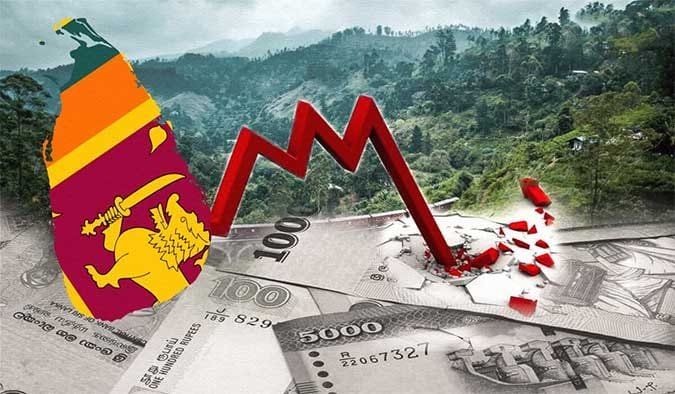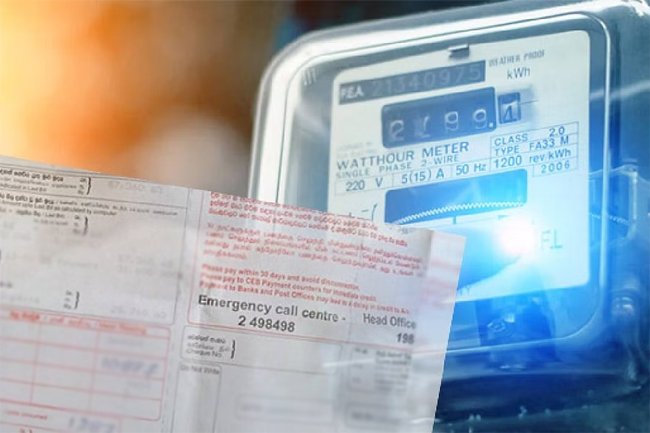Tax structure of IMF policies, implemented by President Ranil Wickremesinghe and his administration, are central to Sri Lanka’s upcoming presidential election. As the nation approaches this pivotal moment, these economic policies dominate public discourse. Among them, the tax reforms and the broader economic framework recommended by the International Monetary Fund (IMF) are key to discussions about Sri Lanka’s economic future. Despite differing opinions, it’s crucial to understand why any new government cannot—and should not—undo the existing tax structure or the IMF-recommended reforms.
The Context: Sri Lanka’s Economic Crisis and IMF Intervention
Sri Lanka’s economic crisis, which came to a head in 2022, was the result of years of fiscal mismanagement, heavy borrowing, and external shocks such as the COVID-19 pandemic. The crisis led to severe shortages of essential goods, spiraling inflation, and a dramatic decline in the value of the Sri Lankan rupee. In response, the government sought assistance from the IMF, which proposed a series of structural reforms aimed at stabilizing the economy, restoring investor confidence, and laying the groundwork for sustainable growth.
The Importance of the Existing Tax Structure
One of the cornerstones of the IMF’s recommendations was the reform of Sri Lanka’s tax structure. Historically, Sri Lanka has had one of the lowest tax-to-GDP ratios in the region, severely limiting the government’s ability to finance public services and infrastructure. The existing tax structure, therefore, was overhauled to broaden the tax base, improve compliance, and increase revenue.

1. Broadening the Tax Base: The revised tax structure aims to increase the number of taxpayers by reducing exemptions and bringing more individuals and businesses into the tax net. This is crucial for reducing the fiscal deficit and ensuring that the government has the resources to invest in critical areas such as healthcare, education, and infrastructure.
2. Enhancing Compliance: The reforms also include measures to improve tax compliance, such as stricter enforcement and penalties for evasion. Improved compliance is essential for ensuring that the tax system is fair and that all citizens contribute their fair share to the nation’s development.
3. Increasing Revenue: The most immediate benefit of the reformed tax structure is the increase in government revenue. This is vital for Sri Lanka’s economic recovery, as it provides the funds necessary to service debt, invest in social programs, and build reserves to cushion against future economic shocks.
Why the Reforms Cannot Be Undone
1. Maintaining International Credibility:
One of the primary reasons why the existing tax structure and IMF-recommended reforms cannot be undone is the need to maintain international credibility. The agreement with the IMF was not just about securing immediate financial assistance; it was also about restoring confidence among international investors and creditors. Any attempt by an incoming government to reverse these reforms would likely result in a loss of confidence, leading to capital flight, a further depreciation of the rupee, and a potential downgrade of Sri Lanka’s credit rating.
2. Long-term Economic Stability:
The IMF-recommended reforms are not just short-term fixes; they are designed to address the structural weaknesses in Sri Lanka’s economy. Reversing these reforms would likely result in a return to the fiscal indiscipline that led to the crisis in the first place. The existing tax structure, while challenging in the short term, is essential for ensuring long-term economic stability and preventing future crises.
3. Compliance with International Obligations:
Sri Lanka’s agreement with the IMF includes specific commitments that the government must adhere to in order to receive continued financial assistance. These commitments include maintaining the reformed tax structure and implementing other structural reforms. Any attempt to undo these measures would likely result in the suspension of IMF assistance, further exacerbating the country’s economic challenges.
The Role of President Ranil Wickremesinghe
Under President Ranil Wickremesinghe’s leadership, the current government has demonstrated a commitment to implementing these challenging but necessary reforms. His administration has taken bold steps to stabilize the economy, including enacting the tax reforms, reducing public sector spending, and improving governance.

1. Leadership During Crisis:
President Wickremesinghe’s leadership during the economic crisis has been instrumental in guiding Sri Lanka through one of the most challenging periods in its history. His willingness to make difficult decisions, such as implementing unpopular tax increases, has helped to stabilize the economy and lay the groundwork for recovery.
2. Navigating IMF Negotiations:
The negotiations with the IMF were complex and required strong leadership to ensure that the terms of the agreement were in the best interests of Sri Lanka. President Wickremesinghe’s experience and understanding of international finance played a crucial role in securing a deal that provided immediate relief while also addressing long-term structural issues.
3. Commitment to Reform:
Perhaps most importantly, President Wickremesinghe has shown a strong commitment to seeing through the reforms necessary for Sri Lanka’s economic recovery. This includes not only the tax reforms but also measures to improve governance, reduce corruption, and enhance transparency. These reforms are essential for building a more resilient and sustainable economy.
The Economic Scope: Why Continuity Matters

As the presidential election in Sri Lanka approaches, it is important to consider the broader economic scope and the implications of policy continuity. The tax reforms and other measures recommended by the IMF are not just about addressing the immediate crisis; they are about building a foundation for future growth and development.
1. Encouraging Investment:
One of the key goals of the IMF-recommended reforms is to create an environment that encourages both domestic and foreign investment. By maintaining a stable tax structure and adhering to international commitments, Sri Lanka can attract the investment needed to drive economic growth and create jobs.
2. Building Resilience:
The economic reforms are also about building resilience to future shocks. By broadening the tax base and increasing government revenue, Sri Lanka can build reserves and reduce its reliance on external borrowing. This is crucial for ensuring that the country is better prepared to weather future economic storms.
3. Ensuring Social Stability:
Finally, the reforms are essential for ensuring social stability. By increasing government revenue, the reforms provide the funds necessary to invest in social programs that can alleviate poverty, improve education, and enhance healthcare. This is crucial for ensuring that all Sri Lankans benefit from the country’s economic recovery.
Conclusion: A Path Forward
As Sri Lanka prepares for its upcoming presidential election, it is essential to recognize the importance of continuity in economic policy. The existing tax structure and the broader reforms recommended by the IMF are crucial for stabilizing the economy, restoring international credibility, and building a foundation for future growth. Any attempt to undo these measures would likely result in significant economic and social consequences.
Under President Ranil Wickremesinghe’s leadership, Sri Lanka has taken important steps towards economic recovery. It is imperative that these efforts are continued by any incoming government. The future of Sri Lanka’s economy depends on the successful implementation of these reforms, and any deviation from this path would be a step backward for the nation.
In the context of the upcoming presidential election in Sri Lanka, it is vital that voters and policymakers alike recognize the importance of these economic policies and the need for their continuation. Only by maintaining the current course can Sri Lanka hope to achieve long-term economic stability and prosperity.













